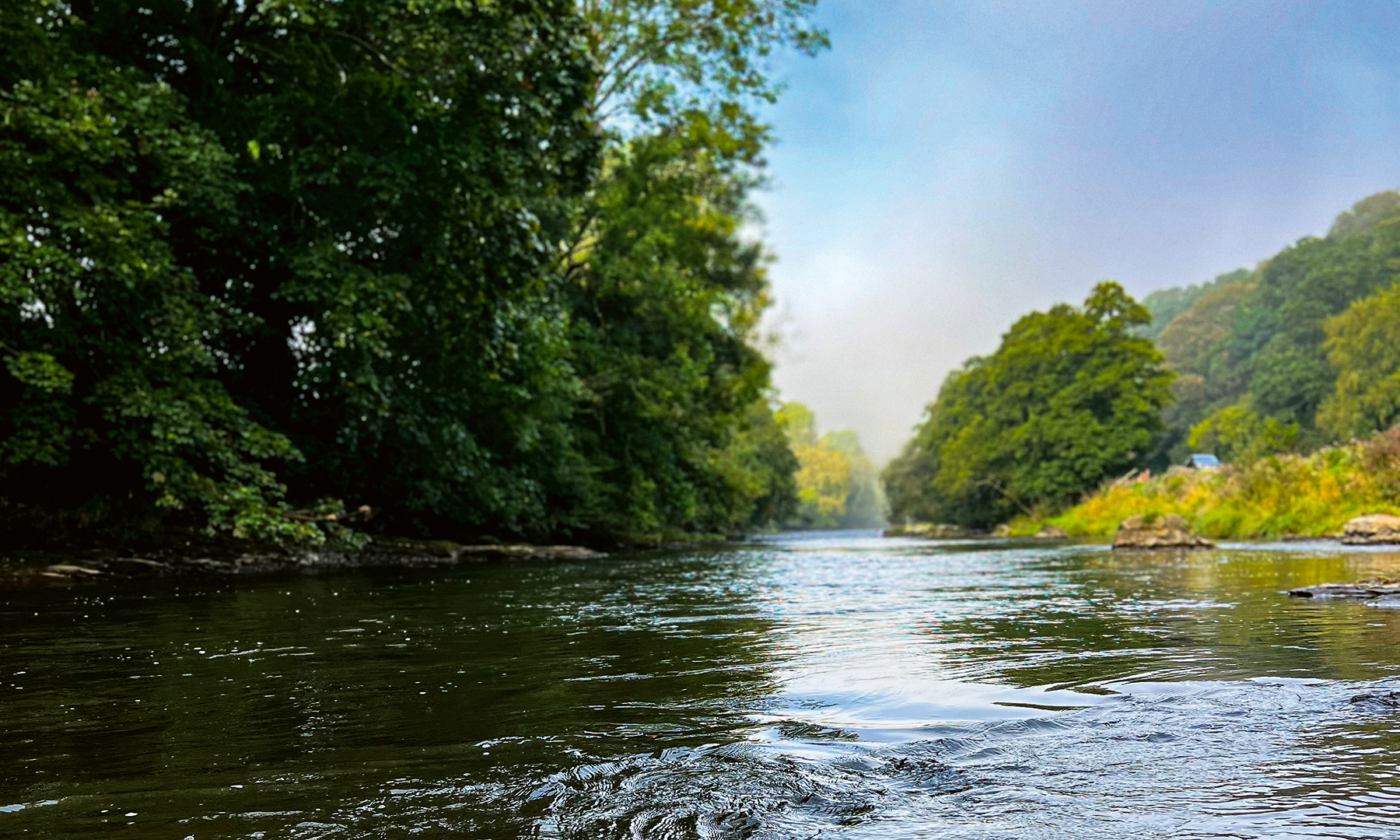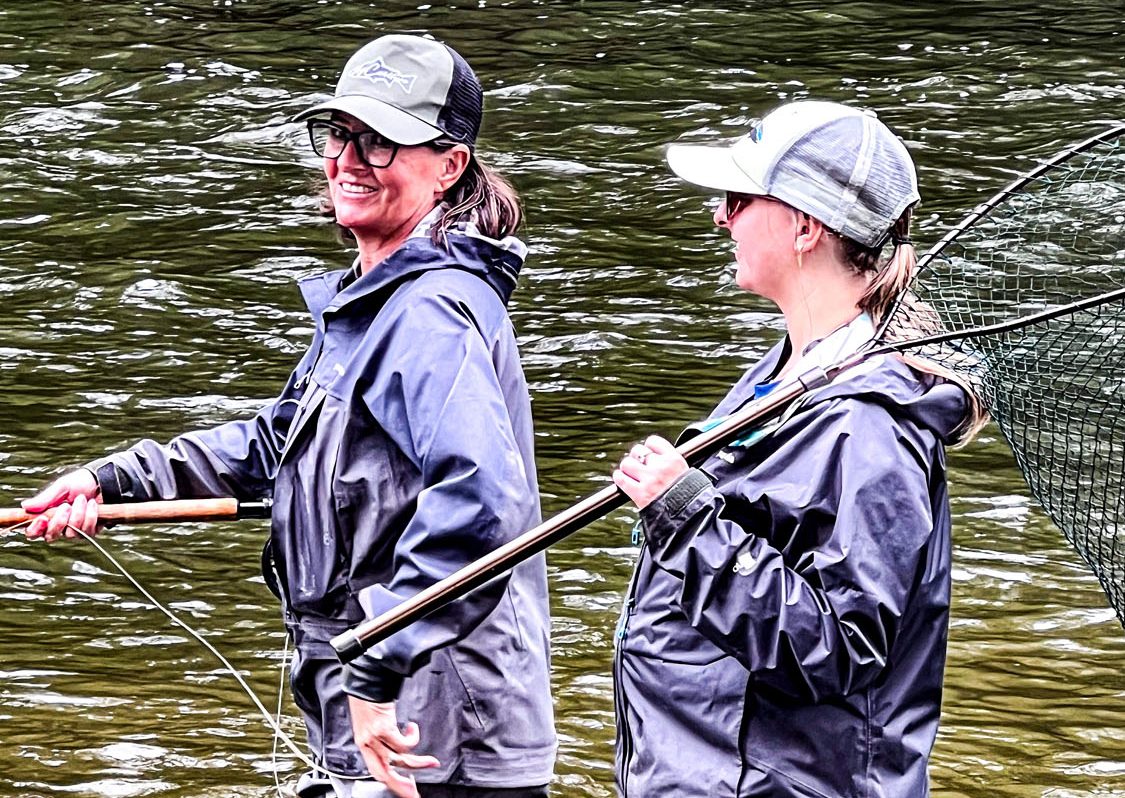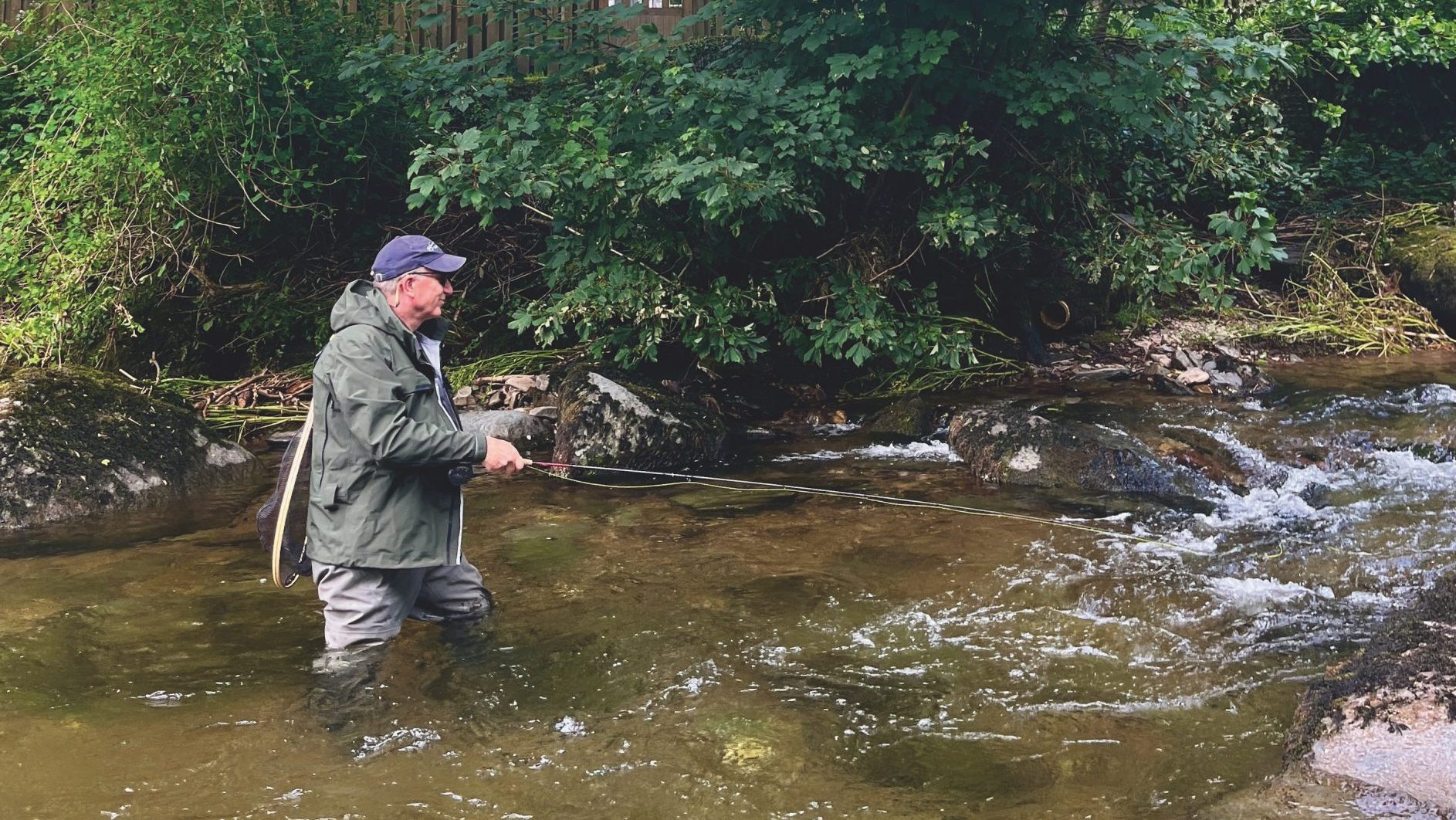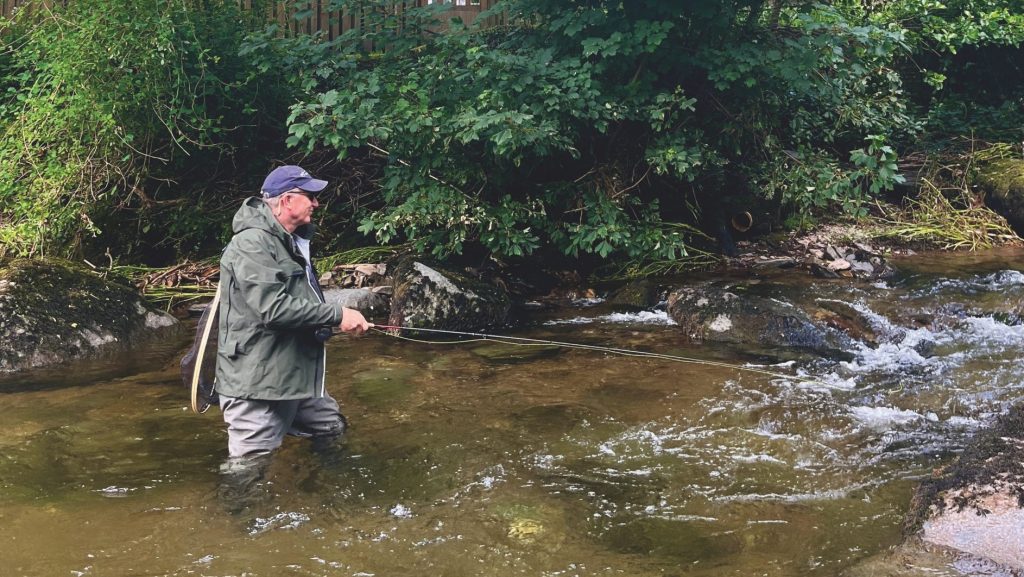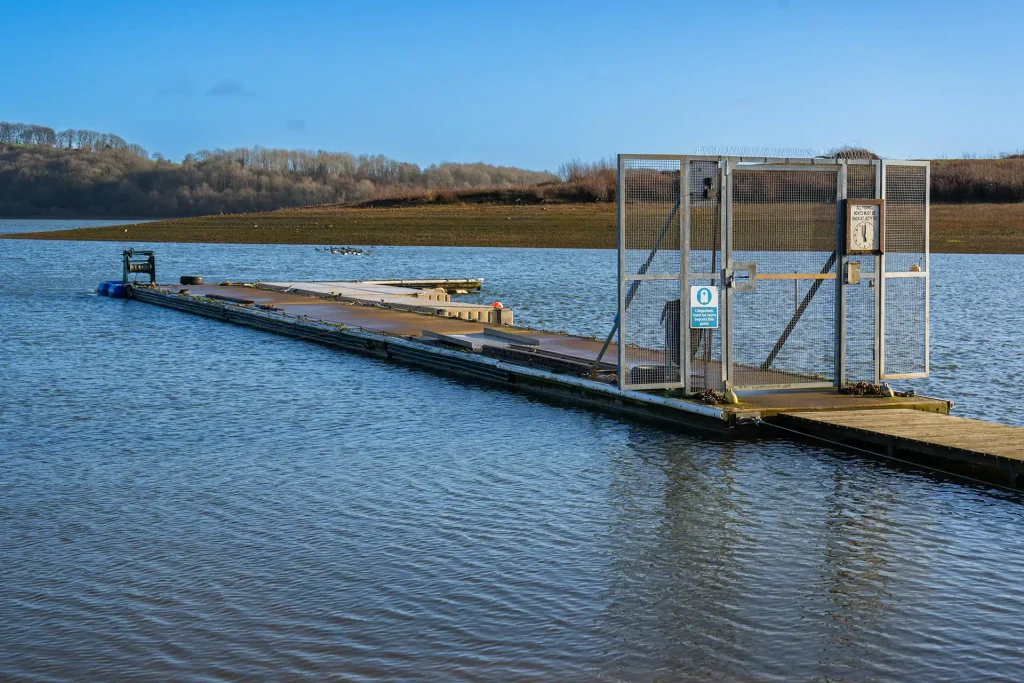Trying for specimen fish
Discover how to catch the fish of a lifetime with sage advice from May 1965

IN A FISHING life of over 30 years the writer has landed monster trout on three occasions. The first two were landed about 20 years ago, and, strangely enough, were caught on two successive hot August days. One weighed an ounce or two over six pounds and the other nearly five pounds. For the next 20 years or so really big fish evaded me. But last September, on a cold, grey day just before the season ended, fortune smiled upon me for the third time and I landed a sea trout weighing 13½ Ib. The fish fought for over an hour, and the fact that I was fishing for brown trout made my task very difficult. My cast was tapered to 4X, with a breaking strain of two-and-a-half pounds. A very small Lunn’s Particular was the successful fly.
Is it just luck or is it skill that takes the big fish? I think luck plays the major part in hooking the fish, but skill is necessary to land your prize, especially if you are fishing with fine tackle. Where are you likely to find big fish? Usually the big fellows lie in deep water, for such fish are mainly bottom feeders and do not often rise to fly. Therefore, look for deep pools with overhanging trees, from which a good supply of food is obtainable with little effort from the innumerable insects which drop into the water. The submerged roots of the trees provide good cover in which the monster lies away from enemies. The roots may also assist the fish to escape when hooked, for such submerged obstructions can play havoc with one’s tackle.

Kept as a trophy or for the table in 1965. Today, it would probably be returned to the water.
Having found a likely place, try a small fly and fish dry at first. If that fails to bring any response, fish the same fly wet at varying depths, from just under the surface to a couple of feet below, recovering your line by short, quick snatches. You will note I have not referred to spinning or any other kind of fishing. That is because, for me, it is fly fishing or nothing.
Another likely home for a big fish is a few yards from where a feeder, or even a drain, joins the main river. If this is a deep pool so much the better. The logic here is that there are two avenues of food provision, so your monster gets the best of both worlds. The method of fishing is the same as described previously – dry and wet fly in sequence.
Do not fall into the trap of using a big fly to catch a big fish. I am aware that the size of the fly varies with the river, but generally, in my experience, small flies are more killing on any river.
The largest fly I ever use on any river is only of medium size. And, by the way, for the rivers I usually fish, which are the chalk streams of the South of England, my favourite flies are Baigent’s Brown, Iron Blue, March Brown (at all times of the season), Lunn’s Particular and the Black Gnat. These are fished dry usually, but occasionally wet. And with one or other of these flies I have taken the heaviest fish from my water during two consecutive years.
Another place you can try for a big one is near the bank in a stickle where the fast-flowing water from a waterfall irons itself out. If near trees and submerged roots so much the better. Or you might choose a spot where the current is rather fast and there is a large patch of thick weed near the bank. Just underneath the weed may lie a big trout which might well dart out to swallow the passing fly.
Summing up, the way to go about trying to catch big fish is to find out first of all where they lie and then to fish with small flies. When they are hooked hold them firmly, but not roughly, and let them run until they are completely exhausted.

